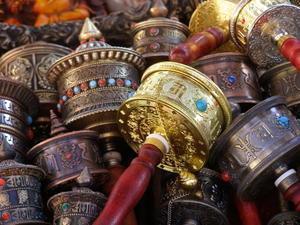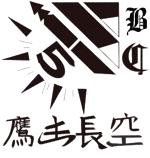| How to address people in Chinese 中文称呼 | |
|---|---|
| Jul 21, 2008 02:43 | |
 | When introducing people in Chinese, the order is surname first, title second The Chinese seldom call each other by their whole name unless they are close friends or members of the immediate family. When addressing people, it is common practice to use titles like Mr, xiānshēng 先 生 Mrs, fūren 夫 人 Miss , xiǎojiě 小 姐. The title is placed after the name, thus Miss Zhuo is Zhuó xiǎojiě in Chinese. ChineseHour teacher has the details. The word xiānshēng, “mister”, literally means “first born”, which implies respect. Anyone born before me is older than me, and thus earns my respect due to his age. On some occasions xiānshēng is also used with the meaning of “teacher”. Women do not change their family name when they get married and that is why Miss Liu, after after changing her marital status, will be Mrs Liu. Especially in Hongkong or Taiwan you can also hear the expression tàitai for Mrs. The word xiǎojiě, Miss, is also used when addressing a waitress in a restaurant or a shop assistant. Xiǎo means “little” and jiě stands for “sister”. Nowadays waitresses are often also called xiǎomèi, which translates into “small little sister”. The reason for this alteration is that the word xiǎojiě has encountered an inflation due to its connotation to sān péi xiǎojiě 三 陪 小 姐”, those young modern “geishas” who accompany guests in restaurants to sing karaoke. If you have any problems in these terms, please turn to ChineseHour private teachers online, they are ready to help you learn Chinese free of charge. The term “comrade”, tóngzhì 同 志, was still widely used in the 70s and 80s, but not so much any more - at least not between colleagues or amongst average Chinese citizens. Instead, in the office, people call their colleagues Lăo Wáng, “Elder Wang”, or Xiăo Lĭ, “Younger Li”. Here old and young do not really refer to age as such, but to people’s position or status, although in many cases these go hand in hand, as professional experience and success are supposed to accumulate steadily according to the years in service. The word shīfu 师 傅 originally referred to a master of any specific skill, such as a carpenter, calligraphist, martial arts master etc. It contained the meaning of being a teacher, and thus the apprentice or student would call his master shīfu. Nowadays shīfu is commonly used to address, for example, a cab driver. The Chinese like to use words that express profession or social status when addressing each other or referring to other people. This kind of underlines the fact that they pay a lot of attention to social roles and the status of each individual - thus defining the pattern of interaction and how people releate to each other. Surname comes before the title, such as in “doctor Zhang”, Zhàng dàifu 张 大 夫, “accountant Li”, Lǐ kuàijì ( 李 会 计), teacher Liu, Liú lǎoshī 刘 老 师 etc. |
| Jul 21, 2008 03:43 | |
 | Vivian, Is there any other meanings for xiānshēng? and is it used in a way such as: "xiānshēng danny"? |
| Jul 22, 2008 01:21 | |
 | xiānshēng is uesed to address a man to show respect, or address teachers. It is used in a way such as "danny xiānshēng", not "xiānshēng danny". Thank you so much for your interest, I'm sure this blog will be helpful for you http://blog.chinesehour.com/ |
Post a Reply to: How to address people in Chinese 中文称呼






 Copyright © 1998-2026 All rights reserved.
Copyright © 1998-2026 All rights reserved.